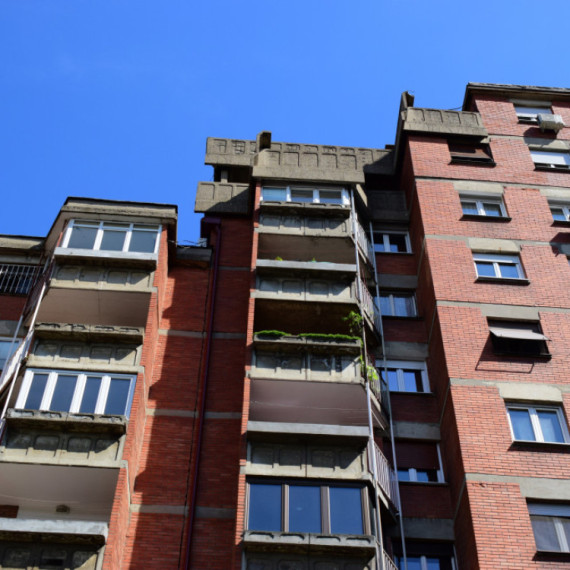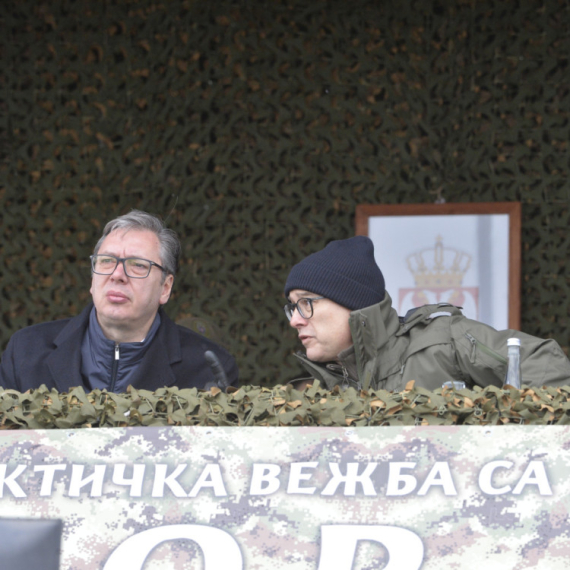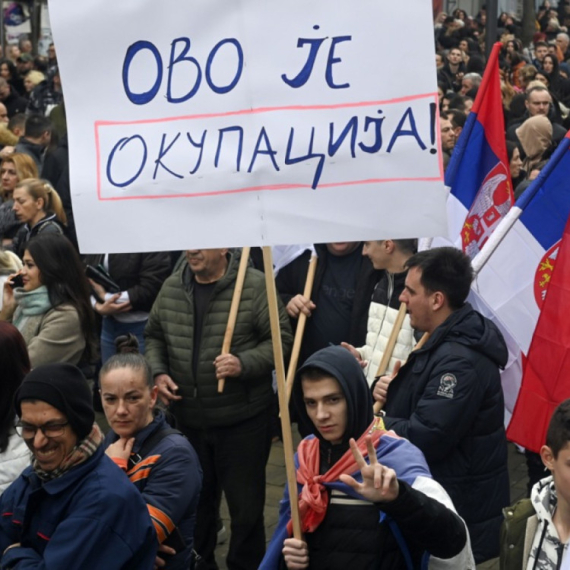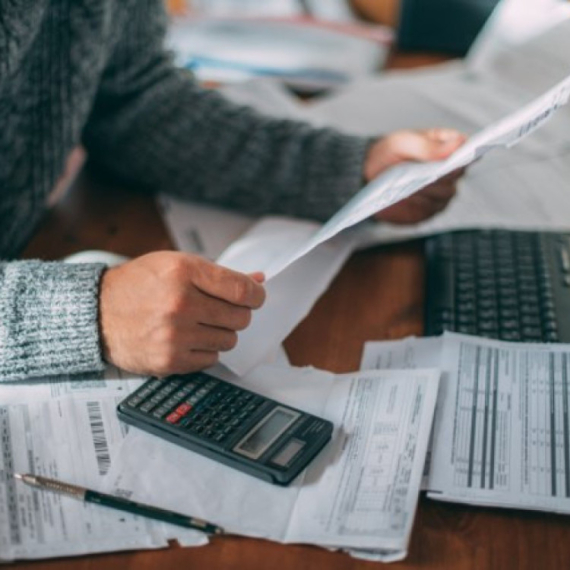Central bank chief soothes currency fears
The Serbian dinar (RSD) continues to fall to record-low values against the euro for the fourth day in a row.
Friday, 29.10.2010.
11:36

The Serbian dinar (RSD) continues to fall to record-low values against the euro for the fourth day in a row. Governor of the National Bank of Serbia (NBS) Dejan Soskic said there was no reason for instability in the Serbian dinar exchange rate or for new price shocks in the market, announcing that he would discuss price stabilization with government representatives next week. Central bank chief soothes currency fears At a forum of the Serbian Association of Managers late Thursday, Soskic said that changes in the dinar exchange rate are expected in a system of floating exchange rate applied by the NBS, adding that the central bank is using mechanisms such as foreign exchange reserves to prevent any greater volatility of the dinar against the leading Western currencies. However, the dinar hit its record-low value today and the official middle exchange rate is RSD 107.42 for one euro. He refuted recent writings in certain media that during the latest talks with the IMF mission the parties discussed planning of an inflation targeting framework for 2011. Answering to the questions of a number of managers about the possibility of introducing the euro as Serbia's currency replacing the dinar, Soskic warned that a unilateral introduction of the euro would lead to unwanted economic and political consequences for Serbia. The NBS governor explained that in such case Serbia could not count on the benevolence of European monetary authorities, especially after the crisis. Answering the question what effects could be expected from selling a 51 percent stake in the telecommunications company Telekom Srbija, Soskic said the state would deposit the funds from the sale into its account at the NBS, which would contribute to increasing foreign exchange reserves and the stability of the national currency exchange rate, but added that this, however, would have only short-term effect. According to the NBS governor, in the long run, Serbia should secure a greater inflow of foreign direct investment to foster export-oriented production. This, he said, would have a positive effect on the growth of the overall economy and standard of the citizens and at the same time would reduce the current balance of payments deficit. Dejan Soskic (Tanjug)
Central bank chief soothes currency fears
At a forum of the Serbian Association of Managers late Thursday, Šoškić said that changes in the dinar exchange rate are expected in a system of floating exchange rate applied by the NBS, adding that the central bank is using mechanisms such as foreign exchange reserves to prevent any greater volatility of the dinar against the leading Western currencies. However, the dinar hit its record-low value today and the official middle exchange rate is RSD 107.42 for one euro.He refuted recent writings in certain media that during the latest talks with the IMF mission the parties discussed planning of an inflation targeting framework for 2011.
Answering to the questions of a number of managers about the possibility of introducing the euro as Serbia's currency replacing the dinar, Šoškić warned that a unilateral introduction of the euro would lead to unwanted economic and political consequences for Serbia.
The NBS governor explained that in such case Serbia could not count on the benevolence of European monetary authorities, especially after the crisis.
Answering the question what effects could be expected from selling a 51 percent stake in the telecommunications company Telekom Srbija, Šoškić said the state would deposit the funds from the sale into its account at the NBS, which would contribute to increasing foreign exchange reserves and the stability of the national currency exchange rate, but added that this, however, would have only short-term effect.
According to the NBS governor, in the long run, Serbia should secure a greater inflow of foreign direct investment to foster export-oriented production.
This, he said, would have a positive effect on the growth of the overall economy and standard of the citizens and at the same time would reduce the current balance of payments deficit.































Komentari 0